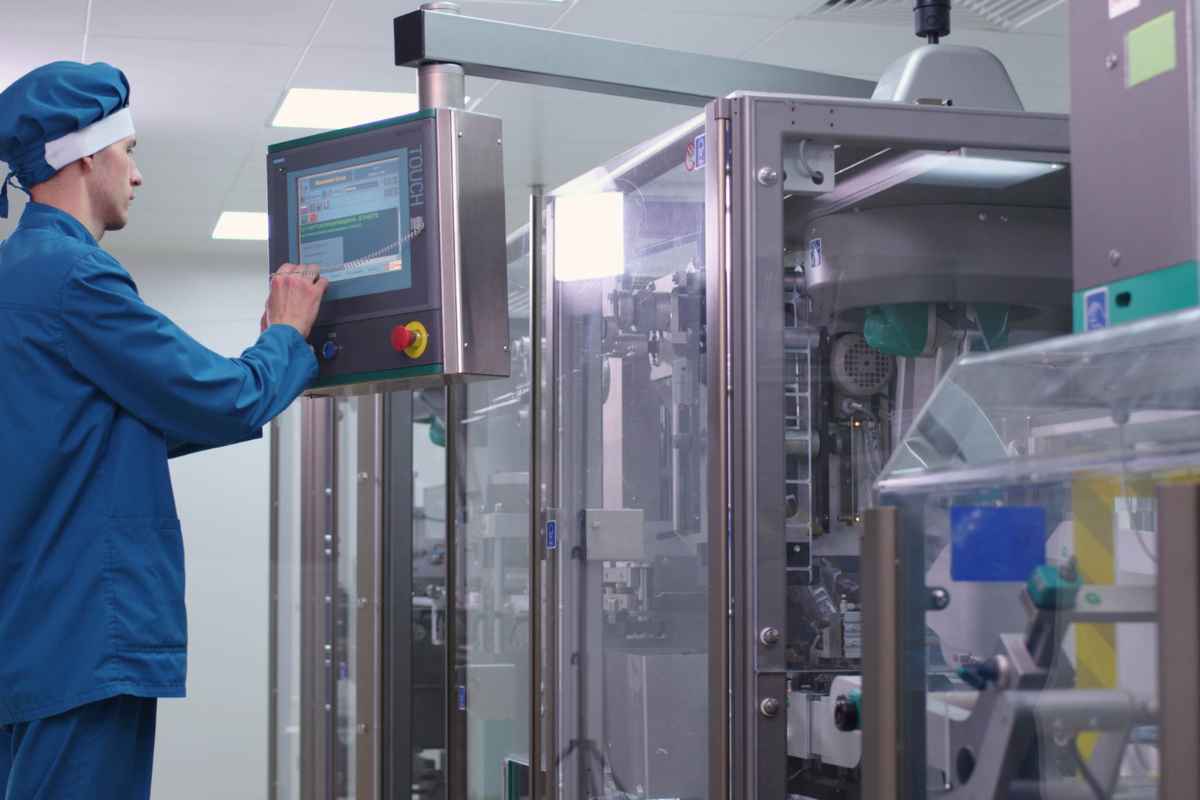Efficiency, precision, and flexibility are essential for success. As technology continues to evolve, Manufacturing Execution Systems (MES) have emerged as a vital tool to streamline operations, improve productivity, and ensure product quality. These systems bridge the gap between the shop floor and the top-floor systems, such as Enterprise Resource Planning (ERP) solutions, enabling manufacturers to control and monitor the entire production process in real-time.
What Are Manufacturing Execution Systems?
A Manufacturing Execution System (MES) is a comprehensive software platform that manages and monitors the production floor in real-time. It serves as the nerve center of a manufacturing plant, tracking every detail of the production process from raw material acquisition to finished product delivery. By integrating MES with other systems, manufacturers gain deeper insights into production performance, enabling more informed decision-making and operational improvements.
Key functions of an MES include:
- Production scheduling: Ensuring that production processes are optimized and executed on time.
- Real-time monitoring: Offering visibility into all aspects of the manufacturing process, including machine performance, material flow, and labor efficiency.
- Quality management: Ensuring that products meet required specifications and quality standards.
- Data collection and reporting: Providing real-time data on production metrics, performance, and outcomes.
- Traceability: Offering the ability to trace materials and components throughout the production cycle for compliance and quality assurance.
How Manufacturing Execution Systems Work
Manufacturing Execution Systems are designed to gather data from machines, production lines, and workers on the factory floor. This information is processed in real-time, providing manufacturers with a clear overview of the status of production, inventory levels, machine health, and operator performance. Through continuous monitoring and control, MES helps optimize every step of the production process.
In addition to data collection, MES integrates with other systems such as:

- Enterprise Resource Planning (ERP): Coordinating high-level business activities, such as procurement, inventory management, and customer order fulfillment.
- Supervisory Control and Data Acquisition (SCADA): Controlling equipment and collecting data from industrial systems.
- Product Lifecycle Management (PLM): Managing product development and design processes.
By linking these systems together, MES acts as the connective tissue that ensures smooth communication and coordination across the entire manufacturing enterprise.
The Benefits of Implementing MES:
The advantages of using Manufacturing Execution Systems are manifold, helping businesses maintain a competitive edge in the global marketplace:
1. Increased Efficiency and Productivity
With real-time data collection and automated decision-making, MES helps manufacturers reduce downtime and optimize machine utilization. It allows operators to identify production bottlenecks and adjust workflows in real-time, ensuring that production stays on track.
2. Enhanced Quality Control
Quality is paramount in manufacturing, and MES ensures that quality standards are met at every stage of production. By collecting detailed data, manufacturers can spot defects early, prevent costly rework, and maintain compliance with industry regulations.
3. Improved Traceability and Compliance
For industries with strict regulatory requirements, such as food, pharmaceuticals, or aerospace, traceability is critical. MES tracks every material, component, and production step, allowing for complete traceability and ensuring that manufacturers can meet regulatory demands.
4. Cost Reduction
By optimizing production processes, reducing waste, and minimizing machine downtime, MES contributes to significant cost savings. Additionally, better resource utilization and inventory management help manufacturers avoid excess inventory and reduce material costs.
5. Real-Time Visibility
With MES, manufacturers have real-time visibility into their operations. This allows decision-makers to act quickly, prevent disruptions, and ensure smooth production workflows.
Key Features of Manufacturing Execution Systems
Several features define a robust and effective Manufacturing Execution System:
1. Production Monitoring and Control
MES monitors every detail of the production process, from machine performance to operator efficiency. It helps identify potential problems before they cause delays and offers solutions to improve overall productivity.
2. Inventory and Material Management
MES tracks inventory levels in real-time, ensuring that manufacturers have the materials they need when they need them. It also optimizes material flow and reduces waste, contributing to cost savings and improved efficiency.
3. Data Collection and Analysis
The data collected by MES provides valuable insights into production performance, machine efficiency, and quality control. Manufacturers can use this data to improve processes, reduce waste, and enhance product quality.
4. Workforce Management

MES offers tools for managing labor resources, tracking employee performance, and ensuring that workers are following standard operating procedures. It enables managers to allocate resources more effectively and optimize labor productivity.
5. Compliance and Reporting
MES provides real-time data for regulatory reporting, ensuring that manufacturers comply with industry standards. It also enables better traceability for quality assurance and recalls.
The Role of MES in Industry 4.0
The concept of Industry 4.0, also known as the Fourth Industrial Revolution, emphasizes the use of smart technologies, automation, and data exchange in manufacturing processes. Manufacturing Execution Systems play a critical role in this transformation by enabling manufacturers to embrace digitalization and automation.
MES systems facilitate the seamless integration of connected devices, IoT sensors, and automated systems into the production environment. This allows manufacturers to collect vast amounts of data, perform advanced analytics, and drive continuous improvement in their operations.
Additionally, MES enables the implementation of Smart Factories, where machines, systems, and humans interact seamlessly. In a smart factory, MES serves as the command center, coordinating activities, automating processes, and enabling real-time decision-making.
Choosing the Right MES for Your Business

Implementing the right Manufacturing Execution System can have a significant impact on your business’s success. When choosing an MES, it’s essential to consider factors such as scalability, ease of integration with existing systems, and industry-specific features.
Before investing in an MES solution, manufacturers should assess their current operations, identify areas for improvement, and establish clear goals for what they want the system to achieve. Working with experienced vendors who understand your industry is also crucial to ensuring a smooth implementation and maximizing the return on investment.
Conclusion
In conclusion, Manufacturing Execution Systems (MES) are essential tools for modern manufacturers looking to optimize their production processes, improve quality control, and enhance overall efficiency. With its real-time data collection, seamless integration with other systems, and robust reporting capabilities, MES helps manufacturers stay competitive in an ever-changing global marketplace. As industries continue to evolve toward Industry 4.0 and smart factories, the role of MES will only become more critical in driving innovation and operational success.
- Found this article valuable? Explore more insights in our Enterprise Chronicles









